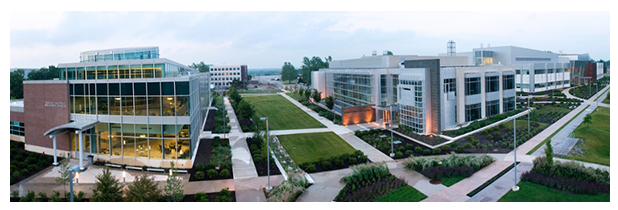Recommended Citation
Clase, Kari; Ekeigwe, Abigail; Ekeocha, Zita; Byrn, Stephen R.; and Shivanand, Paddy, "Human Capacity Building in Africa – The BIRS Model" (2019). BIRS Faculty and Staff Creative Materials. Paper 2.
https://docs.lib.purdue.edu/birsfcm/2
Date of this Version
9-2019
Abstract
Human capacity sufficiency and sustenance in regulatory science is a key factor for harmonization and an identified issue in the harmonization process specifically in Africa. The human factor is the linchpin for progress----there can be no working system without human capacity. Harmonization depends upon education that motivates and prepares individuals for leadership that subsequently fuels the profession.
This paper proposes that one of the root causes is lack of sufficient institutions in Africa providing education in regulatory sciences and introduces the Biotechnology Innovation and Regulatory Sciences (BIRS) program model. This education model began with the IPAT program and evolved into the BIRS program of Purdue University. The goal of this program is to enable the manufacture of quality medicines in Africa for Africans by equipping leaders in Africa through higher education aligned with building industrial capacity. The program awards an MS degree from Purdue University in BIRS.
These programs established a global professional community of regulatory scientists composed of Industrial Pharmacy Advanced Training (IPAT) graduates in Africa, Purdue MS graduates (from the US and Africa), PhD graduates, faculty, industry, and regulatory leaders. The community is diverse, including about 30% women and 50% Africans, and focuses on technical skills, leadership, regulatory science, and innovation. Currently, this community numbers over 350 members including about 200 graduates of Purdue’s certificate and master’s programs in the US, about 140 graduates of the IPAT certificate and Purdue’s master’s program in Africa, and professors, industry and regulatory leaders who have taught in the program over the years. In 10 years, the program has educated over 100 African scientists at the certificate level and over 40 African scientists at the MS level.
Sponsorship of the program with funds and in kind has come from UNIDO, the Merck Foundation, and the Bill and Melinda Gates foundation.


